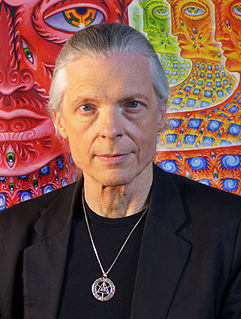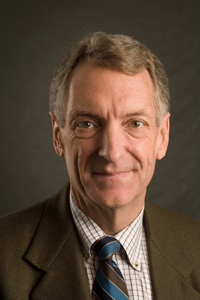A Quote by Blaise Pascal
Nobody is publicly accepted as an expert on poetry unless he displays the sign of poet, mathematician, etc., but universal men want no sign and make hardly any distinction between the crafts of poet and embroiderer. Universal men are not called poets or mathematicians, etc. But they are all these things and judges of them too. No one could guess what they are, and they will talk about whatever was being talked about when they came in. One quality is not more noticeable in them than another, unless it becomes necessary to put it into practice, and then we remember it.
Quote Topics
About
Accepted
Another
Any
Becomes
Being
Between
Came
Could
Crafts
Distinction
Etc
Expert
Guess
Hardly
Judges
Make
Mathematician
Mathematicians
Men
More
Necessary
Nobody
Noticeable
Poet
Poetry
Poets
Practice
Publicly
Put
Quality
Remember
Sign
Talk
Talked
Than
Them
Then
Things
Too
Universal
Unless
Want
Whatever
Will
Related Quotes
I tend to like the way poets form communities. Writing can be lonely after all. Modern life can be lonely. Poets do seem to be more social than fiction writers. This could be because of poetry's roots in the oral tradition - poetry is read aloud and even performed. I'm just speculating, of course. At any rate, because poets form these groups, they learn from one another. That is one of the best things about being a poet.
It is a melancholy experience for a professional mathematician to find himself writing about mathematics. The function of a mathematician is to do something, to prove new theorems, to add to mathematics, and not to talk about what he or other mathematicians have done. Statesmen despise publicists, painters despise art-critics, and physiologists, physicists, or mathematicians have usually similar feelings: there is no scorn more profound, or on the whole more justifiable, than that of the men who make for the men who explain. Exposition, criticism, appreciation, is work for second-rate minds.
Many are the noble words in which poets speak concerning the actions of men; but like yourself when speaking about Homer, they do not speak of them by any rules of art: they are simply inspired to utter that to which the Muse impels them, and that only; and when inspired, one of them will make dithyrambs, another hymns of praise, another choral strains, another epic or iambic verses- and he who is good at one is not good any other kind of verse: for not by art does the poet sing, but by power divine.
Nearly all men and women are poetical, to some extent, but very few can be called poets. There are great poets, small poets, and men and women who make verses. But all are not poets, nor even good versifiers. Poetasters are plentiful, but real poets are rare. Education can not make a poet, though it may polish and develop one.
It is easier to talk about doing things than doing them. Many of us want to exercise more, eat more healthy, be kinder to our loved ones, etc., but unless we have specific milestones about how to do this, our intentions do not match our actions. The HR milestones we lay out offer specific steps along the longer journey to HR transformation.
One of the surest tests of the superiority or inferiority of a poet is the way in which a poet borrows. Immature poets imitate mature poets steal bad poets deface what they take and good poets make it into something better or at least something different. The good poet welds his theft into a whole of feeling which is unique utterly different than that from which it is torn the bad poet throws it into something which has no cohesion. A good poet will usually borrow from authors remote in time or alien in language or diverse in interest.
Nobody can turn you into a slave unless you allow them. Nobody can make you afraid of anything, unless you allow them. Nobody can tell you to do something wrong, unless you allow them. God never created you to be a slave, man did. God never created division or set up any borders between brothers, man did. God never told you hurt or kill another, man did. Why is man your god and not the Creator?
Plato said that poets should be excluded from the ideal republic because they are such liars. I am a poet, and I affirm that this is true. About no subject are poets tempted to lie so much as about their own lives; I know one of them who has floated at least five versions of his autobiography, none of them true. I of course - being also a novelist - am a much more truthful person than that. But since poets lie, how can you believe me?









































